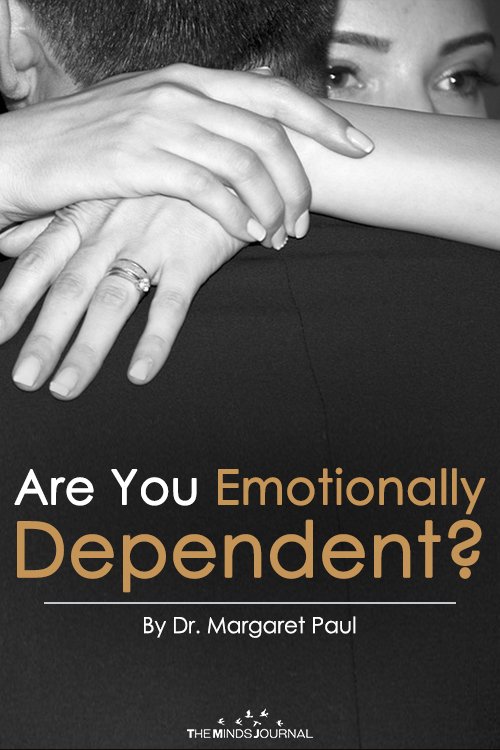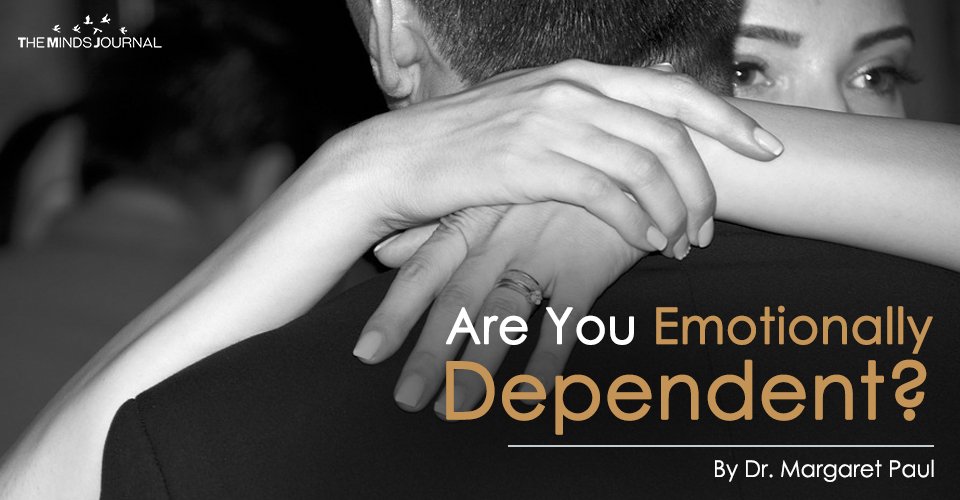Every month or so I do a free webinar. People can listen on their computers or on the phone; they can write in asking questions or they can ask me directly on the phone. Here is one of the questions a woman – I will call her Susan – asked in a webinar on emotional dependency:
“When we are in a relationship and we have made our needs clear to our partner, is hanging on in the hope they will follow through with promises to meet our needs a sign of emotional dependency?”
The answer is – it depends on what needs you are talking about. There are some needs we have that can only be met by another person, and there are other needs that we need to learn to meet ourselves.
‘Needs’ Coming From Emotional Dependency
“I need your attention.”
“I need your approval.”
“I need for you to have sex with me when I want sex.”
“I need you to make me feel lovable and worthy.”
“I need you to make me feel secure.”
“I need you to make me feel important.”
“I need you to fill my emptiness.”
“I need you to make me feel special.”
“It is your job to make me happy.”
These ‘needs’ are coming from self-abandonment. When you don’t give yourself the love, attention, and approval you need, and you don’t define your own worth and learn to fill yourself up with love, then you may be needy of another making you feel that you are okay. When you are disconnected from your own feelings and from your personal source of spiritual Guidance, when you harshly judge yourself, or when you avoid your feelings with various addictions, then you will feel empty and needy inside and may pull on others to fill you and make you feel okay.
Needs That Can Only Be Met By Another
- If we are taking responsibility for ourselves and filling ourselves with love, we then have love to share. We need others with whom to share the love.
- Once of our primal needs is for connection with others. But we can’t connect with others unless we are connected with our own heart and soul, and with our source of spiritual guidance. While we can connect intellectually from our minds, the emotional connection occurs only through the heart and soul. Without emotional connection with a partner, family, and friends, we can feel very lonely.
Most of us have a need for touch and affection, which is different than sex. While affection and connection can often lead to mutually-desired love-making in a committed relationship, touch and affection without a sexual agenda are important for connection. - We also need others with whom to learn and grow. We can grow by ourselves to a great extent, but the deeper levels of learning and growth occur in safe, caring relationship with another who is compassionate and open to learning.
- We need to know that at least one other person has our back – that we can count on them when we need help.
- We need to have fun with others – to have companionship. So we need others who are available to spending time with us.
- Finally, we need to know that the other person would never deliberately set out to do us physical or emotional harm. We need to feel safe that the person has our highest good at heart, and will be honest with us, in order to have a trusting relationship.
These are the needs you can request from your partner that are not signs of emotional dependency:
“I need for you to want to spend time with me – sharing love and affection with me, connecting with me from your heart and soul, being open to learning and growing with me and playing and having fun with me. I need for you to be honest with me and to care about the effect your behavior has on me. I need to know that you have my back and that you support my highest good.”
These are very different needs than the first list. So I would say to Susan, who asked the question: “Susan, I would guess that the needs you are talking about are from the first list since we generally don’t ask for promises for the second list. When we are connecting with ourselves and taking loving care of ourselves, we can generally sense whether or not the other person is capable of love, connection, caring, empathy, openness, and honesty. These qualities are either forthcoming or they aren’t. Someone cannot ‘promise’ to give us these things.
So look at first and see if you are giving yourself the things on the first list. Then you will be in a position to share with someone the things on the second list.
Join Dr. Margaret Paul for her 30-Day at-home Relationships Course: “Loving Relationships: A 30-Day Experience with Dr. Margaret Paul – For people who are partnered and people who want to be partnered.”
Join IBVillage to connect with others and receive compassionate help and support for learning to love yourself.
Written by Margaret Paul, PhD
For information or to schedule a phone or Skype session: 310-459-1700 • 888-646-6372 (888-6INNERBOND) http://www.innerbonding.com
You may also like
3 Secrets To Achieving Love Without Attachment
Love Without Attachment: Ways To Love Unconditionally
Are You Emotionally Dependent And Not In Love (Here’s how To know)
15 Warning Signs Your Boyfriend Has Major Insecurity Issues
The Reason Why We Tend to Attract Emotionally Unavailable Partners
5 Reasons Why You Get Emotionally Attached Too Soon









Leave a Reply
You must be logged in to post a comment.